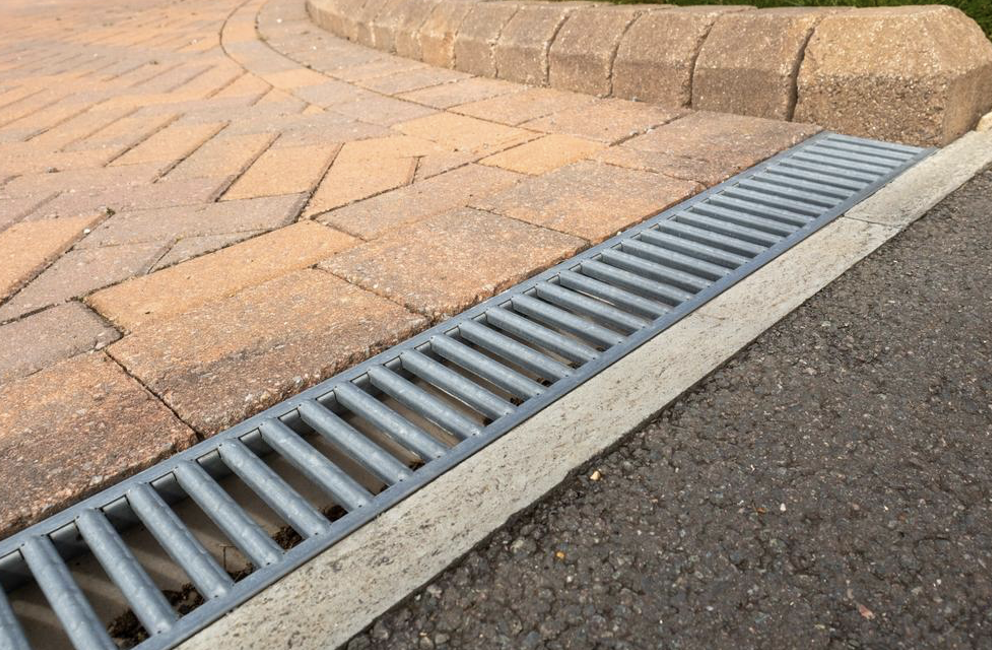In the bustling world of industry and manufacturing, the efficient management of wastewater and liquids is paramount. Enter the industrial drainage system, an unsung hero that ensures smooth operations and a clean, safe environment.
In this blog, we’ll explore what an industrial drainage system is and how it can be a game-changer for a variety of industries.
What is an Industrial Drainage System?
An industrial drainage system is a sophisticated network of pipes, channels, and drainage components designed to handle the flow of water, liquids, and waste products within industrial settings.
Its primary function is to safely and efficiently transport these substances away from production areas, preventing flooding, contamination, and environmental hazards.
The Key Components of an Industrial Drainage System
Drainage Pipes: These are the backbone of the system, typically made from durable materials like PVC, concrete, or stainless steel. They come in various sizes and shapes to accommodate different flow rates and volumes.
Drainage Channels: These are surface-level or sub-surface structures that collect and direct liquid flow. Channels can be linear or grated, and they play a crucial role in preventing standing water.
Gullies: Gullies are drainage points with grates that collect and direct water into the underground drainage system. They are commonly found on industrial floors and outdoor areas.
Sumps and Basins: These are collection points that allow for the removal of sediment and debris from the flow, preventing clogs and blockages.
Pumps: Industrial drainage systems often incorporate pumps to assist in moving water or liquids uphill or over long distances.
Benefits of an Industrial Drainage System
Now, let’s explore how industrial drainage systems bring value to a variety of industries:
Manufacturing
Industrial facilities generate significant volumes of liquid waste, from coolants in metalworking to chemical effluents. An efficient drainage system ensures that these substances are swiftly removed, reducing the risk of contamination and maintaining a clean and safe workspace.
Food and Beverage
In the food and beverage industry, cleanliness is paramount. Industrial drainage systems help maintain hygiene by rapidly removing washdown water, food particles, and spillages, reducing the risk of bacterial growth and contamination.
Agriculture
Agricultural operations often deal with irrigation runoff and excess water. Industrial drainage systems help manage water levels, prevent soil erosion, and protect crops from waterlogging.
Construction and Civil Engineering
Construction sites require effective drainage to prevent flooding and erosion. Industrial drainage systems manage stormwater and wastewater generated during construction, protecting the environment and site integrity.
Pharmaceuticals
Pharmaceutical facilities demand precise control over waste disposal to meet stringent regulatory requirements. Industrial drainage systems are tailored to handle pharmaceutical waste safely and securely.
Chemical Manufacturing
Chemical plants handle hazardous substances that require containment and proper disposal. Industrial drainage systems are designed with chemical resistance in mind, ensuring the safe removal of toxic waste.
Automotive Industry
Automotive facilities rely on industrial drainage systems to manage oil, grease, and other automotive fluids. This not only maintains cleanliness but also prevents environmental contamination.
Hospitals and Healthcare Facilities
In healthcare settings, proper drainage is vital for managing clinical waste, maintaining hygiene, and preventing infection. Industrial drainage systems play a crucial role in these environments.
Key Advantages of Industrial Drainage Systems
Environmental Protection: These systems are designed to prevent pollution by efficiently managing liquid waste and preventing contamination of soil and water bodies.
Safety: By swiftly removing liquids and preventing standing water, industrial drainage systems reduce slip and trip hazards, promoting a safer work environment.
Regulatory Compliance: Many industries must adhere to strict environmental regulations. Industrial drainage systems help businesses meet these requirements and avoid penalties.
Efficiency: Efficient drainage systems ensure that production areas stay dry and operational, reducing downtime and increasing productivity.
Cost Savings: By preventing damage from flooding and contamination, industrial drainage systems help businesses avoid costly repairs and clean-up efforts.
Octego – Expert Drainage Contractors
Industrial drainage systems not only protect the environment but also play a pivotal role in maintaining cleanliness, safety, and regulatory compliance across various industries.
Whether you’re in manufacturing, agriculture, healthcare, or any other sector, the value of an industrial drainage system cannot be overstated. It’s the key to maintaining the flow of operations while safeguarding the environment and your business’s bottom line.
So, as you navigate the waters of industrial management, consider the importance of a well-designed and efficient drainage system. It’s the unsung hero that keeps your business moving forward.
We’ve been designing and installing these systems for over ten years and have the know-how to help you with your drainage needs. To find out more, give us a call today on 01444 405269.

